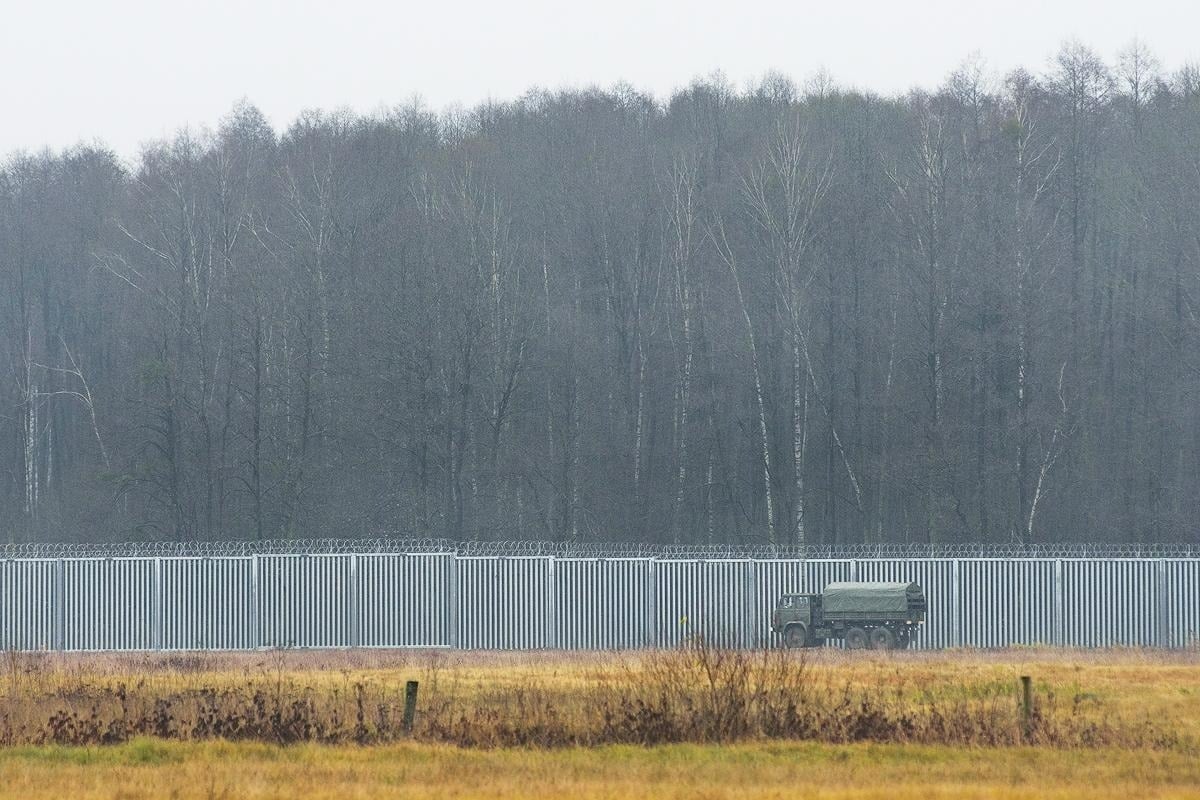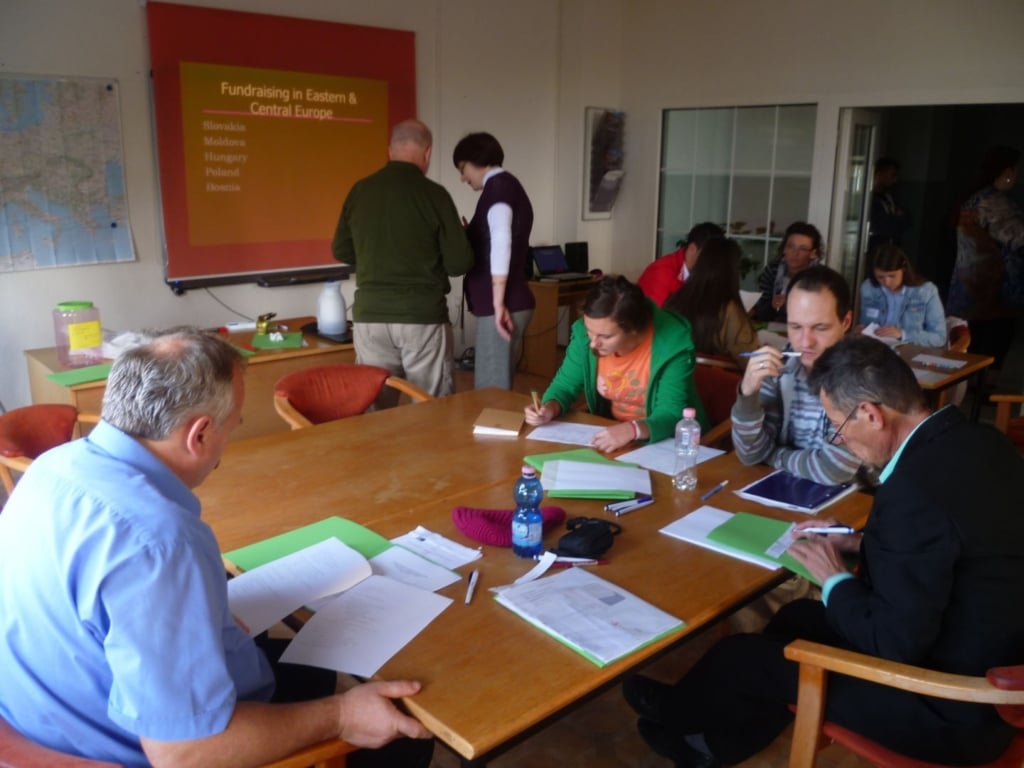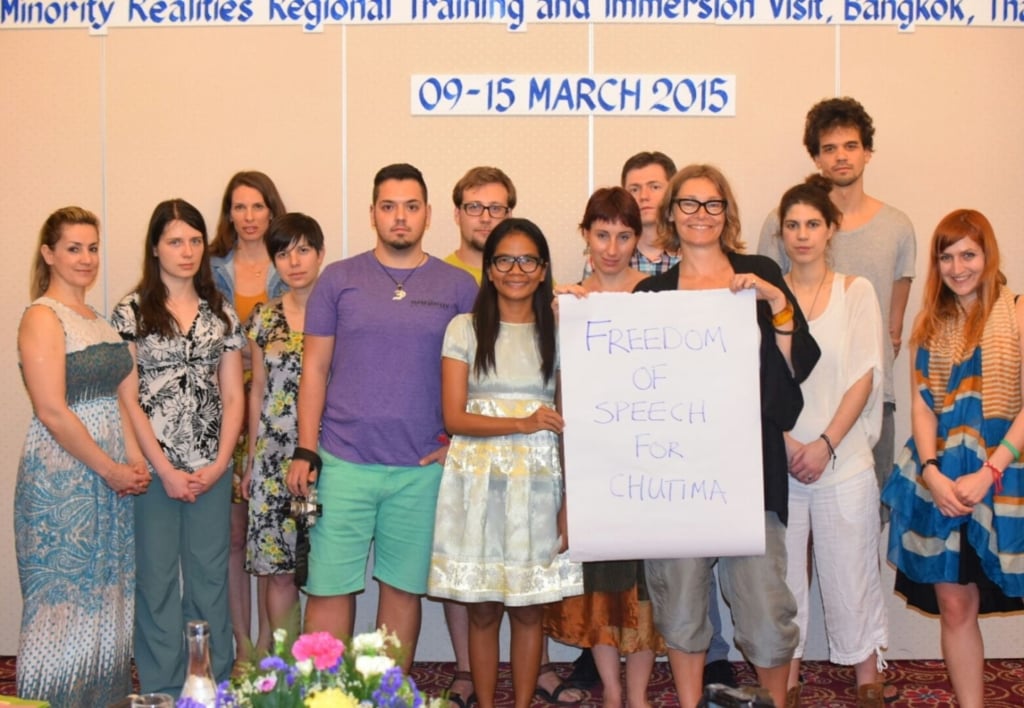Environment
The Republic of Lithuania lies on the eastern coast of the Baltic Sea. To the north it borders Latvia, to the east and south Belarus and to the south-west Poland and the Kaliningrad region of the Russian Federation.
History
The first Lithuanian state was established in the thirteenth century. Under the Grand Duke Vytautas the Great, who ruled the country in the fifteenth century, Lithuania extended from the Baltic almost to the Black Sea. In 1569, the Kingdom of Poland and the Grand Duchy of Lithuania were united into the Commonwealth of Poland and Lithuania.
The Commonwealth came under threat from Prussia, Austria and Russia at the end of the eighteenth century. In 1795, with the partition of the Commonwealth by Russia, Prussia and Austria-Hungary, Lithuania was annexed by Russia. The new rulers tried to Russify the country, closing Vilnius University and banning the publication of Lithuanian books in the Latin alphabet. In the late 1800s, brutal persecution and economic necessity forced thousands of Lithuanians to emigrate.
The Lithuanian state was re-established in 1918. One year later, following heavy fighting between Poland, Russia and Lithuania, Poland began to annex Vilnius, forcing Lithuania to transfer its capital to Kaunas. Like Estonia and Latvia, Lithuania was occupied by the Red Army as a result of the Molotov-Ribbentrop Pact and incorporated into the Soviet Union in August 1940. Soviet legislation and judiciary were introduced with retroactive effect, resulting in the deportation of tens of thousands of individuals.
Armed resistance against Soviet control continued for about ten years after the Second World War. Political changes in the Soviet Union under the leadership of Mikhail Gorbachev allowed Lithuania to declare sovereignty (priority of local legislation over all-Union legislation) in May 1989. Thereafter, despite objections from the Soviet authorities, Lithuania re-established its independence in March 1990. Subsequently, the country’s independence was recognized by the Russian Federation, and Lithuania won international recognition and was admitted to the United Nations in September 1991. All forces stationed by Russia in Lithuania were withdrawn by the end of 1993.
Under Soviet occupation most nationalities, except Russians, were subjected to assimilation, as minority schools, churches, houses of worship, newspapers, museums and cultural centres were closed by the Soviet regime.
Governance
In Lithuania the critical issue for ethnic minorities has been their rights as citizens of the new state. The Lithuanian constitution, adopted by referendum in October 1992, accords ethnic communities the right to administer their affairs, including cultural, educational and charitable organizations and mutual assistance. It promises state support for ethnic communities and gives the right to citizens who belong to ethnic communities to foster their language, culture and customs.
Specific minority rights were established by the Citizenship Law, adopted in November 1989, before the renewal of independence. This law gave most people in the republic the right to choose if they wish to become a Lithuanian citizen. The right to citizenship extended to three categories of people: (1) those who had Lithuanian citizenship before 15 July 1940 and their children or grandchildren (if they were at any subsequent time permanent residents of Lithuania); (2) those who had a permanent residence in Lithuania as of 3 November 1989, provided they were born in Lithuania, or that at least one of their parents or grandparents was born in Lithuania, and provided they are not citizens of another state; and (3) those who were permanent residents of Lithuania as of 3 November 1989 and have permanent place of employment in the republic.
The 1989 Citizenship Law applied most directly to people who settled in Lithuania while it was annexed by the Soviet Union. The law originally gave them two years to choose between Lithuanian and Russian citizenship. It was revised in December 1991, when the two-year option period was replaced by naturalization procedures. Qualification for naturalization requires ten-year residency, permanent employment or other legal source of income, passing examination in the fundamentals of the Lithuanian constitution, renunciation of any other citizenship, proficiency in the Lithuanian language and taking an oath of allegiance to Lithuania.
More than 90 per cent of ethnic Poles, Russians, Belarusians and Ukrainians residing in Lithuania in 1991 renounced their previous citizenship and were granted Lithuanian citizenship. Non-Lithuanians, especially Poles, have expressed concerns about the possibility of job discrimination arising from implementation of the language requirement provision. Many public sector employees have been required to attain a functional knowledge of Lithuanian within several years, although the authorities have granted liberal extensions of the time frame in which this is to be achieved. There has been little evidence of dismissals based on application of this law.
The Citizenship Law was further amended in 1993 by the Seimas (Lithuanian parliament) to permit people who had served in the Soviet armed forces to apply for citizenship, provided they had ended their military service before 1 March 1992 and had obtained the initial citizenship ‘certificates’ before 4 November 1991. However, in April 1994 the constitutional court ruled that this amendment violates the constitution. The court also ruled that dual citizenship is possible only in exceptional cases and that service personnel who were Soviet citizens at the time of their military service had received citizenship ‘certificates’ unlawfully. The ruling has affected about 800 former Soviet service personnel.
By adopting the so-called zero option, which gave all people residing in the republic the right to choose, if they wish, to become a Lithuanian citizen, Lithuania has virtually eliminated the critical issue of citizenship that dominates interethnic relations in the other Baltic countries. Nevertheless, the two large ethnic minority groups – Russians and Poles – have at times complained of discrimination in schooling, employment, or housing. These problems appear to be more social than political in nature.



